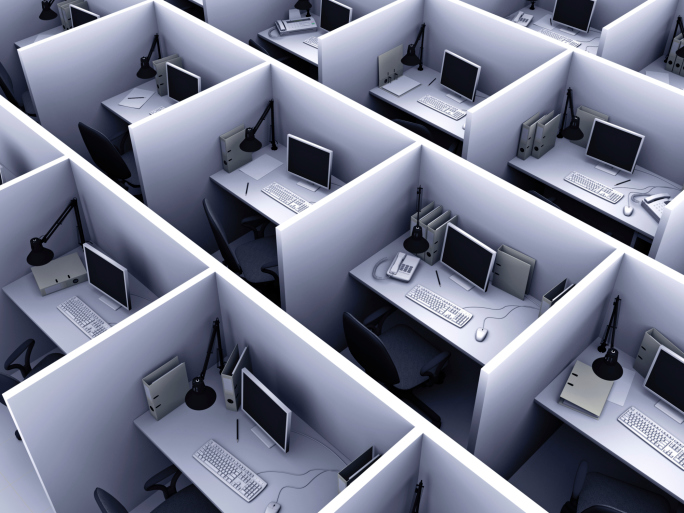For a while now, the research community has been trumpeting the notion of focus.
In other words, toggling from one thing to another doubles errors and decreases productivity.
The Journal of Experimental Psychology. Stanford. University of California/Irvine. And still other psychologists are encouraging that we do less, get more.
Yet software and technology seem to demand our attention on all fronts, at all times. Count, for instance, the number of browser tabs open. Notifications per minute about email, texts, and other media. Even the times per hour we check our inboxes.
So, like the slow food movement, Slow Web is being born. It’s the idea of doing one activity at a time with as few distractions and interruptions as possible. No real-time alerts, simply concentration on the activity at hand.
As communicators and, quite frankly, proponents of media of all sorts, it’s to our advantage to champion SW. Much of our advocacy could be in the form of a true campaign; after all, who knows best how to tame the tech beast than us? Recommendations like prioritizing, meeting with managers to identify to-dos, identifying and avoiding distractions, and, yes, underestimating daily goals are just a few top-of-mind thoughts (and we’re sure you’ve got others). Even goldfish have a longer attention span than we do.
It’ll take time, patience, and practice. We call it “catching the mono-culture.”


